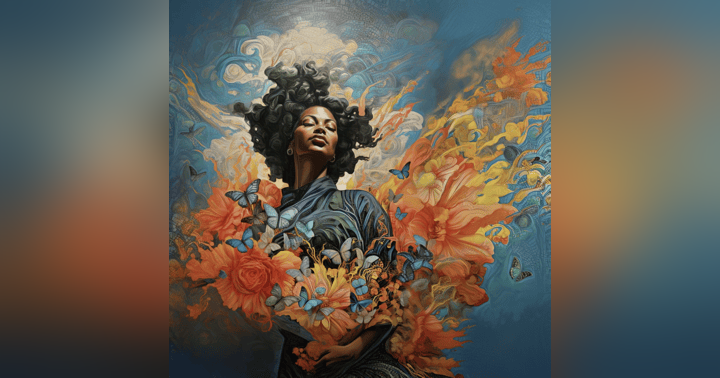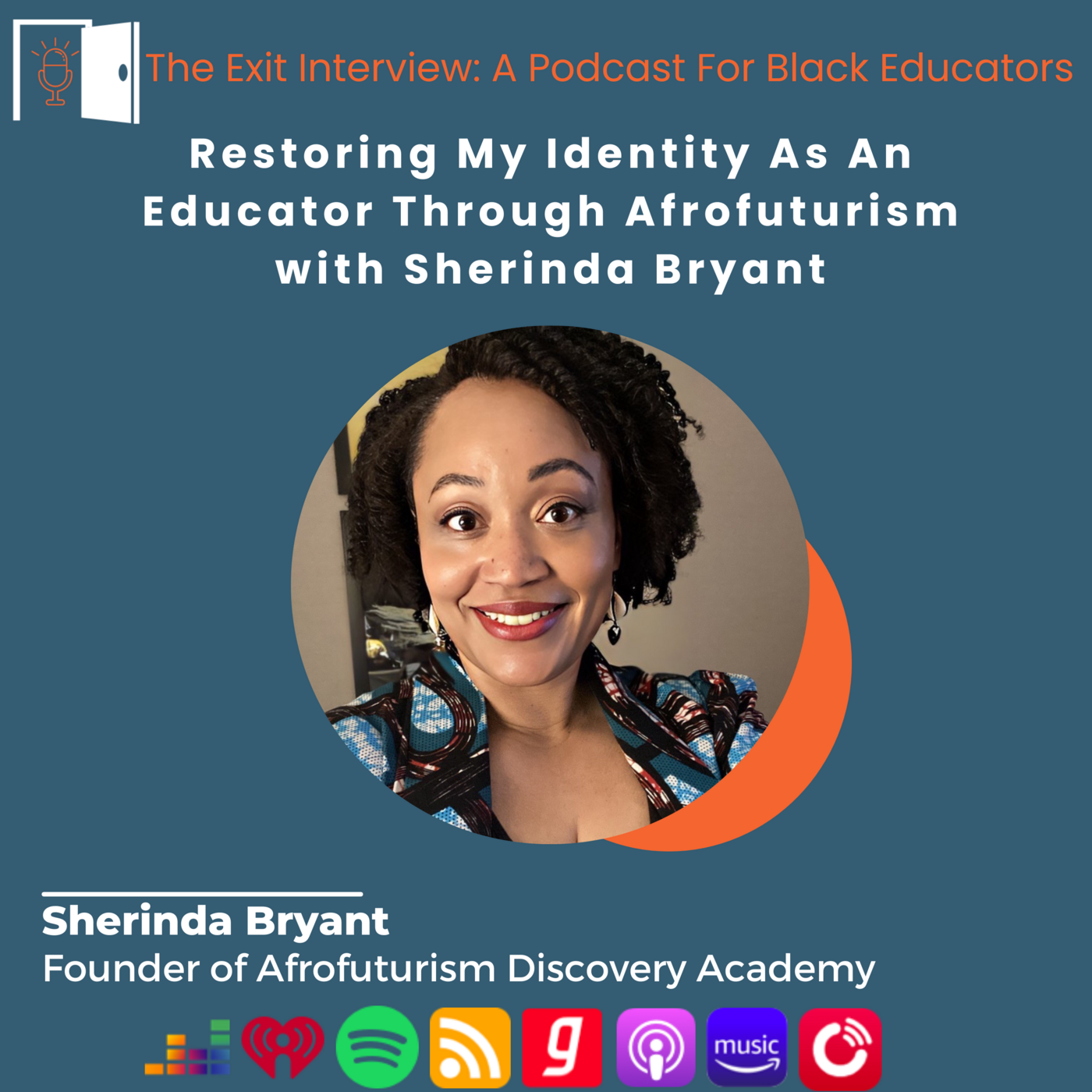The Power of Imagination in Education: Afrofuturism in the Classroom

The Power of Imagination in Education
Imagination plays a vital role in human development, enabling us to envision new possibilities, solve problems, and create innovative solutions. In education, imagination is particularly crucial as it stimulates creativity, fosters critical thinking, and allows students to delve into worlds beyond their immediate experiences.
Afrofuturism: A Transformative Lens
Afrofuturism, a genre that combines elements of African history, fantasy, science fiction, and technology, has emerged as a powerful tool to unlock the transformative potential of imagination in education. Afrofuturism challenges traditional narratives, envisions alternative futures, and centers the experiences and perspectives of marginalized communities.
Igniting Creativity and Critical Thinking
Afrofuturistic stories and narratives provide students with an imaginative space to explore ideas, experiment with different perspectives, and question the status quo. By embracing Afrofuturism, educators can encourage students to think critically about social issues, explore their identities, and develop a deeper understanding of the world.
Envisioning Alternative Possibilities
Afrofuturism goes beyond critique to envision alternative possibilities for the future. It showcases diverse characters and worlds that challenge societal norms and inspire students to imagine a world free from oppression and inequality. This imagination fosters hope, resilience, and the belief that a more just and equitable future is possible.
Afrofuturism in the Classroom: A Practical Guide
Integrating Afrofuturism into the classroom is not just about diversifying the curriculum; it's about providing students with a lens through which they can explore their own identities, challenge existing narratives, and envision alternative futures. Here's a deeper dive into each suggestion:
-
Incorporate Afrofuturistic Literature: Afrofuturistic literature offers a rich tapestry of narratives that reimagine history, culture, and technology from the perspective of the African diaspora. Novels like Octavia Butler's "Parable of the Sower" or Nnedi Okorafor's "Binti" series, short stories by N.K. Jemisin, or poems by Sun Ra provide fertile ground for discussions on themes like colonization, resistance, and the intersections of race, gender, and power. By including these works in the curriculum, educators not only expose students to diverse voices but also encourage them to critically analyze the world around them and imagine different possibilities.
-
Host Afrofuturism Workshops: Workshops provide students with an opportunity to interact directly with Afrofuturistic artists, writers, and thinkers, deepening their understanding of the genre and its cultural significance. Inviting guest speakers or organizing field trips to museums or events centered around Afrofuturism can spark creativity and inspire students to explore their own interests and passions. These workshops can also serve as platforms for students to showcase their own work, fostering a sense of community and empowerment.
-
Create Afrofuturistic Art Projects: Art projects allow students to express themselves creatively while engaging with Afrofuturistic themes and imagery. Whether it's designing futuristic cities, crafting wearable art inspired by African traditions, or producing multimedia installations that explore Afrofuturistic aesthetics, these projects encourage students to think outside the box and envision new possibilities. By embracing diverse forms of artistic expression, educators can empower students to embrace their cultural heritage while imagining bold visions for the future.
Afrofuturism is not just a literary or artistic genre; it is a transformative movement that can revolutionize education. By embracing Afrofuturism in the classroom, educators can create inclusive and empowering learning spaces that foster imagination, critical thinking, and a deep appreciation for diversity. This approach not only benefits students from marginalized communities but also enriches the entire learning experience, empowering all students to envision a future where they can thrive.
To delve deeper into the transformative power of Afrofuturism in education, listen to our latest episode of the Exit Interview Podcast, where we explore these ideas further with Sherinda Bryant, an inspiring educator who has dedicated her career to promoting Afrofuturism in the classroom.












